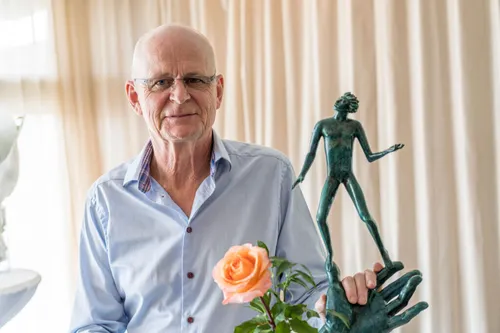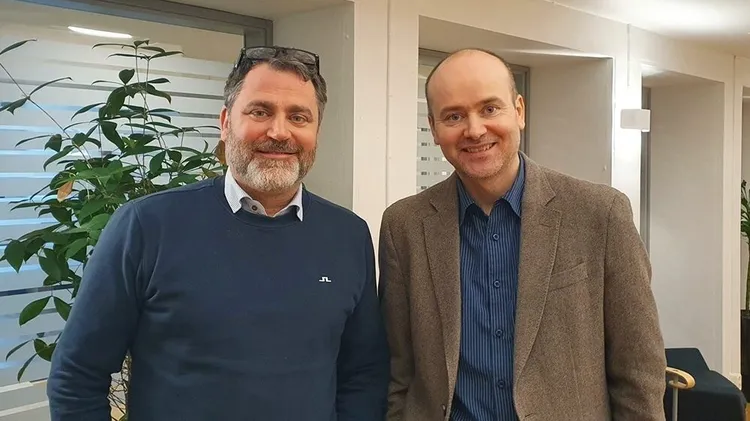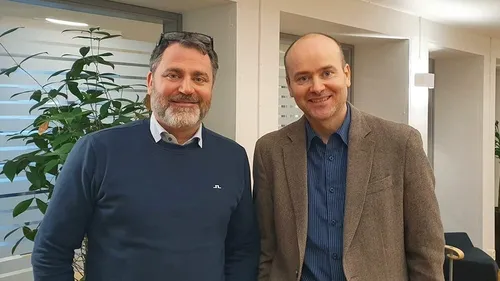Enabling Sustainable Business Models


Sweden’s manufacturing industry faces mounting global pressures, from disrupted value chains to shifting trade policies and climate challenges. The project 'Towards economic transformation and resilience in the face of global pressures' investigates how resilient 'hidden champions' in Swedish regions adapt and thrive, offering insights that can guide effective public sector support.
The Swedish economy and in particular the manufacturing industry, like other export-dependent innovation-driven economies, is facing a multitude of challenges. These challenges include the impact of the global pandemic on value chains, increased protectionism and trade policies (such as the Green New Deal and China's policies towards the US, Europe and Taiwan), as well as conflicts and uncertainty (for example, the impact on the energy market caused by developments in Russia and the Middle East). In addition, there is an urgent need to address ongoing climate change. This places great demands on businesses to adapt in order to remain competitive.
The project "Towards economic transformation and resilience in the face of global pressures: Lessons from Hidden Champions in Swedish regions" studies how companies and the regional ecosystems in which they operate enable or hinder adaptation and change. The way to study this is to examine the companies that historically, and today, have been particularly good at this. Such examples are so-called "hidden champions", i.e. relatively small companies, often but not always family businesses, that have managed to maintain high profitability and competitiveness over a long period of time. Without an understanding of how companies manage to transform and maintain their competitiveness, there is a high risk that the measures taken by the public sector will be misguided.
Magnus Nilsson is Associate Professor in Business Administration with specialization in innovation and Deputy Director of CIRCLE, Center for Innovation Research, at Lund University. His research focuses mainly on innovation and its role in regional and national systems, the resilience of firms and regions, and how knowledge flows and trust affect this resilience. He also has extensive experience working at the interface between academic research and practical application in policy practice.
Markus Grillitsch is Professor of Economic Geography and Director of the CIRCLE Center for Innovation Research at Lund University. Markus has a broad background in regional development and innovation research. His main research interest is to understand transformation processes in a spatial context and how they relate to economic, social and environmental outcomes. To this end, he studies different aspects of human action, in particular innovative and institutional entrepreneurship and leadership and their societal consequences.
—We've experienced a straightforward, constructive dialogue, and a genuine curiosity. This contributes to making the project better, more stimulating and meaningful for us researchers.
"For us as researchers, the collaboration with the Hamrin Foundation is particularly rewarding as it allows us to work directly with the kind of actors we usually research", says the researchers. "This goes beyond the traditional role between researcher and funder through the various activities and events organized by the Foundation, the straightforward and constructive dialogue and the genuine curiosity we meet and experience ourselves between us researchers and the Foundation. This contributes to making the project better, more stimulating and meaningful for us researchers."
